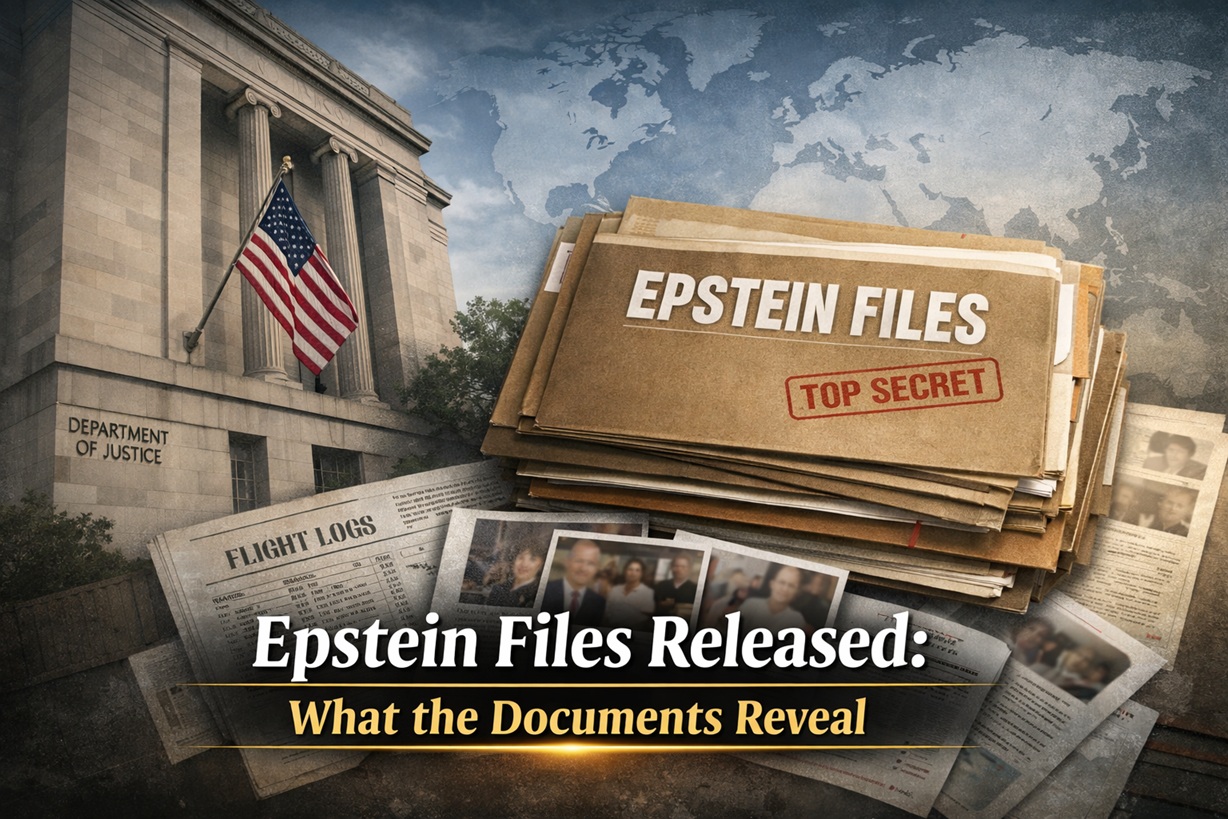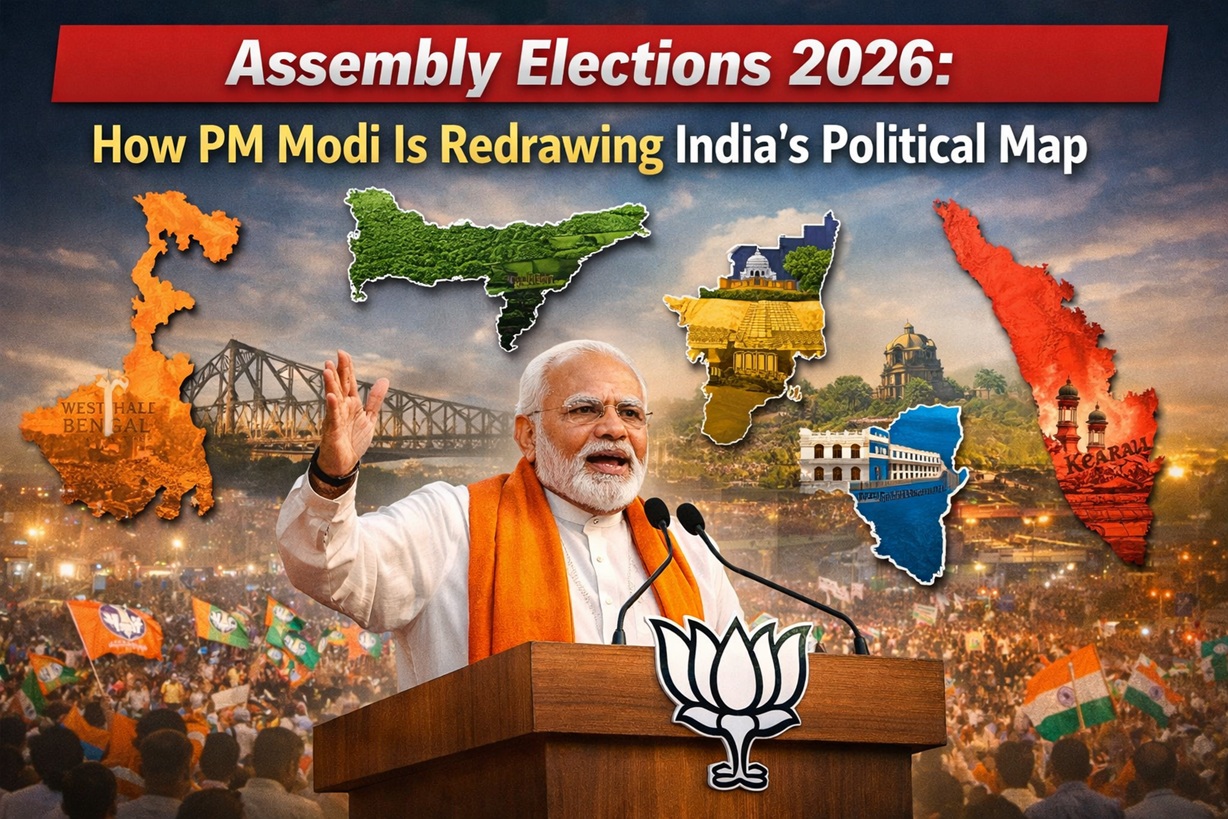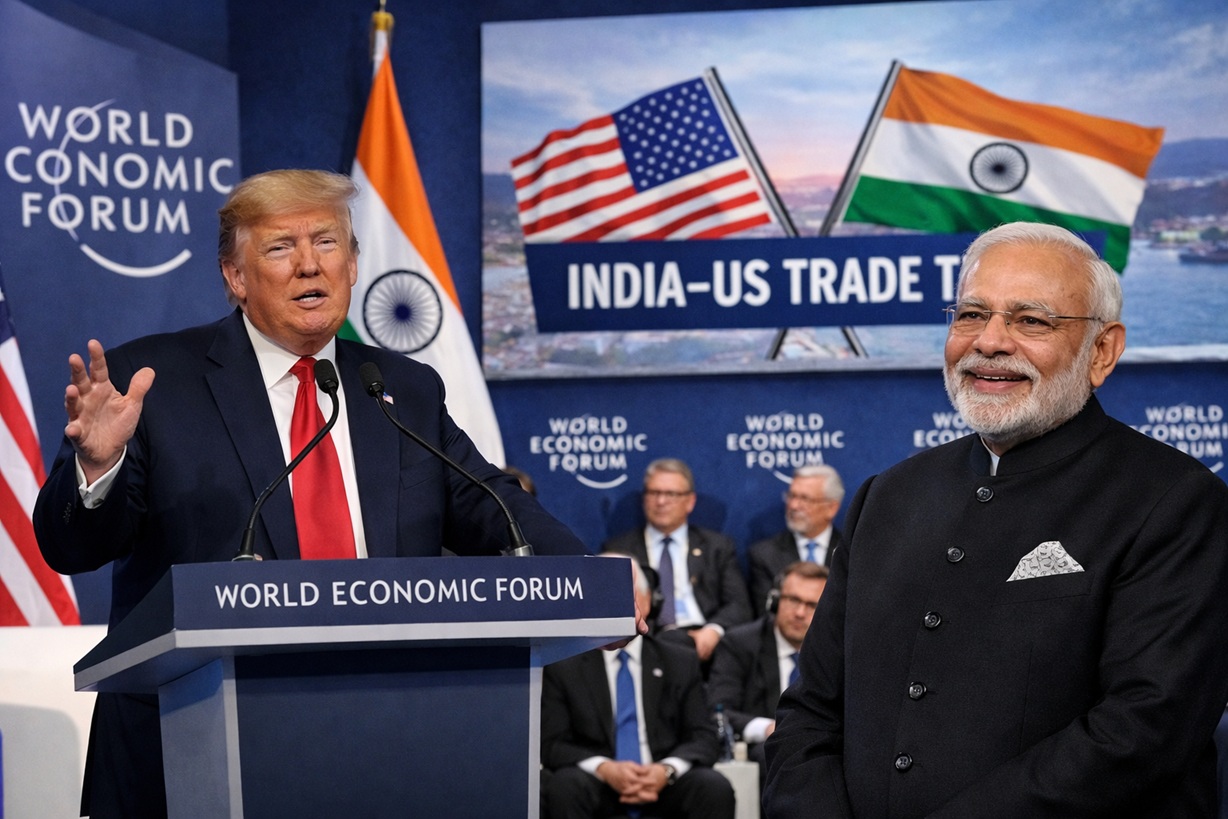In a dramatic turn of events, the Supreme Court has dealt a significant blow to Delhi’s Chief Minister, Arvind Kejriwal. The apex court’s recent actions are being described as nothing short of a 440-volt shock to the Aam Aadmi Party (AAP) leader, who has long been seen as a dominant political force in Delhi. This setback comes in the wake of an affidavit filed by the Central Bureau of Investigation (CBI), which outlines serious allegations against Kejriwal, potentially complicating his path to freedom.
The Rising Tension: AAP’s Hold Over Delhi
For years, the Aam Aadmi Party has maintained a strong grip on Delhi’s political landscape, with Arvind Kejriwal at the helm. His supporters have rallied around him with the fervor of a political movement, akin to the anticipation seen during the Ayodhya temple’s inauguration, where chants of “Kejriwal will come” echoed across the city. However, this narrative has been severely challenged by recent legal developments, particularly the CBI’s damning affidavit, which has created substantial obstacles to Kejriwal’s potential release.
The CBI Affidavit: A Mountain of Evidence
The core of the issue lies in the affidavit submitted by the CBI to the Supreme Court, which paints a troubling picture of Kejriwal’s involvement in the ongoing investigation. According to the CBI, Kejriwal has not only misled the agency during interrogations but has also politicized the matter to a significant degree. The affidavit suggests that Kejriwal’s responses during questioning were evasive and, at times, deliberately misleading. This behavior, the CBI argues, is consistent with his broader political strategy of creating confusion and diverting attention.
The allegations do not stop there. The CBI’s affidavit goes on to describe Kejriwal as the central figure in a larger conspiracy related to the infamous liquor scam. Despite holding no official ministerial portfolio, Kejriwal is accused of making critical decisions concerning the new excise policy through his close associate, then Deputy Chief Minister and Minister of Excise, Manish Sisodia.
Digital Evidence: The Smoking Gun?
One of the most compelling aspects of the CBI’s case is the digital evidence retrieved from the hard drives and mobile phones of the accused. This evidence, according to the CBI, establishes a direct link between Kejriwal and the financial transactions and policy decisions that are currently under scrutiny. Screenshots, contact details, and other digital footprints reportedly tie Kejriwal to these illicit activities, further implicating him in the scandal.
The CBI’s affidavit also highlights Kejriwal’s influence extending beyond the Delhi government. It alleges that his directives shaped decisions not just within Delhi but across AAP’s national footprint, particularly in relation to the privatization and manipulation of policies to benefit specific entities. The agency points to the controversial increase in profit margins for wholesale liquor from 5% to 12% under the new excise policy as a key example. This change, the CBI contends, was made without any study or justification and was intended to benefit certain parties aligned with Kejriwal.
A Troubling Money Trail
Perhaps the most damning part of the CBI’s affidavit is the detailed account of a money trail involving Rs 44.5 crore, which was allegedly funneled through hawala channels from Delhi to Goa. The funds were reportedly used to finance AAP’s campaign in the 2021-22 Goa Assembly elections. The CBI claims to have extensive documentation, including statements, proofs, and chits, that trace how the money was spent and who was involved in the transactions.
Despite these serious allegations, Kejriwal has yet to provide a satisfactory explanation. According to the CBI, Kejriwal, a former income tax officer, has not presented an account of these funds, raising further suspicions. The agency suggests that Kejriwal’s reluctance to provide a clear explanation is indicative of his deeper involvement in the scheme.
The Legal Battle Ahead: September 5th Hearing
As the Supreme Court gears up for a hearing on September 5, all eyes are on the outcome. The evidence presented by the CBI paints a grim picture for Kejriwal, who has thus far failed to counter the allegations convincingly. The court’s decision will have significant implications, not only for Kejriwal’s political future but also for the broader trajectory of AAP in Indian politics.
The current legal landscape suggests that Kejriwal’s chances of being released from Tihar Jail are increasingly slim. The CBI’s affidavit has effectively built a case that portrays him as the mastermind behind a complex conspiracy, with digital evidence and a money trail adding weight to their claims. The final decision by the Supreme Court on September 5 will determine whether Kejriwal remains behind bars or manages to mount a defense strong enough to challenge the allegations against him.
The unfolding legal drama surrounding Arvind Kejriwal highlights the unpredictable landscape of Indian politics, where power dynamics can quickly change due to legal and investigative actions. As the CBI strengthens its case, the pressure on Kejriwal and the AAP leadership intensifies. Whether Kejriwal can weather this storm and emerge unscathed is uncertain, but one thing is certain—the coming weeks will be pivotal in shaping the future of one of India’s most prominent political figures.







